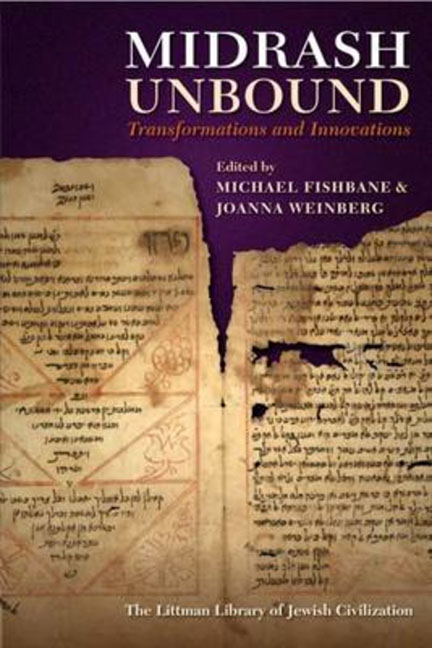9 - Storytelling as Midrashic Discourse in the Middle Ages
Summary
MIDRASH is virtually unique in Jewish culture for its unbroken continuity from antiquity to the Middle Ages. Indeed, in its transition from the rabbinic period to later times the genre was reinvigorated and developed in new and fascinating directions.
Much has been written about the term Midrash, regarding definitions, periodic distinctions, and generic divisions. It is not my task to go into these questions. However, it is impossible to describe the phenomenon of storytelling as midrashic discourse in the Middle Ages without a basic working definition. Definitions that connect Midrash to biblical exegesis, expositions of verses, and public study are well known and have been accepted in one version or other since the beginning of the scholarly study of Midrash. But the work that touches the heart of midrashic study, not only on the theoretical level but also practically, is Isaac Heinemann's book, Darkhei ha’agadah. In this seminal work Heinemann borrows the anthropological model of ‘organic thinking’, which in his view characterizes rabbinic interpretative mentality. This model provides convincing explanations of the fundamental questions that have occupied midrashic scholars since the nineteenth century, such as the explanation of the major changes made by the creators of aggadah to biblical verses and stories, the characteristics of interpretative techniques, and whether the expositors and their audiences sought to view them as authoritative texts, i.e. as having authority with regard to the Bible.
Heinemann's model of ‘creative philology’ and ‘creative historiography’ claims that, as in any indigenous society and culture, the sages interpreted the Bible, adapting it in the only way that was important to them—namely, to the reality of their life and the meaning that the Bible could provide for it. According to this concept, Midrash is a creative reading of the biblical text that accords it meaning and a role in the reality of the creators of Midrash and of the society to which they belonged. This is a rhetorical technique that adapts the sacred text to the present in order to interpret it, endow it with meaning, and accord the appropriation process a dimension of sacredness and authority. It seems that this is the secret of the power of Midrash to exist almost un-interrupted along a historical continuum from the biblical period to the twenty-first century.
- Type
- Chapter
- Information
- Midrash UnboundTransformations and Innovations, pp. 169 - 196Publisher: Liverpool University PressPrint publication year: 2013



